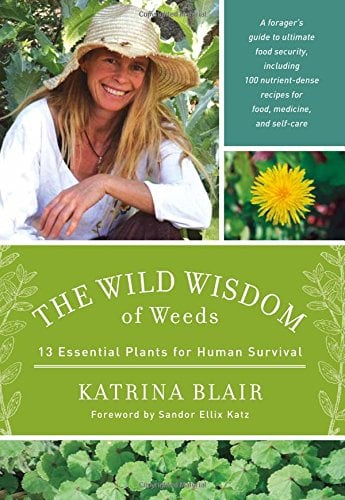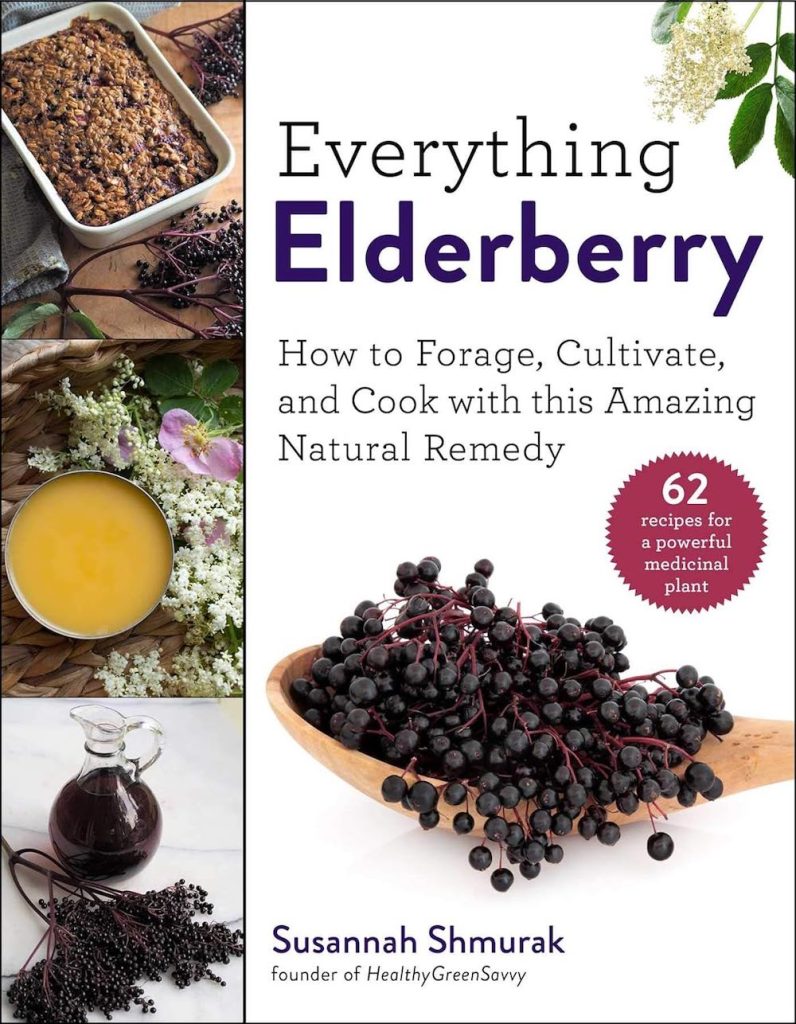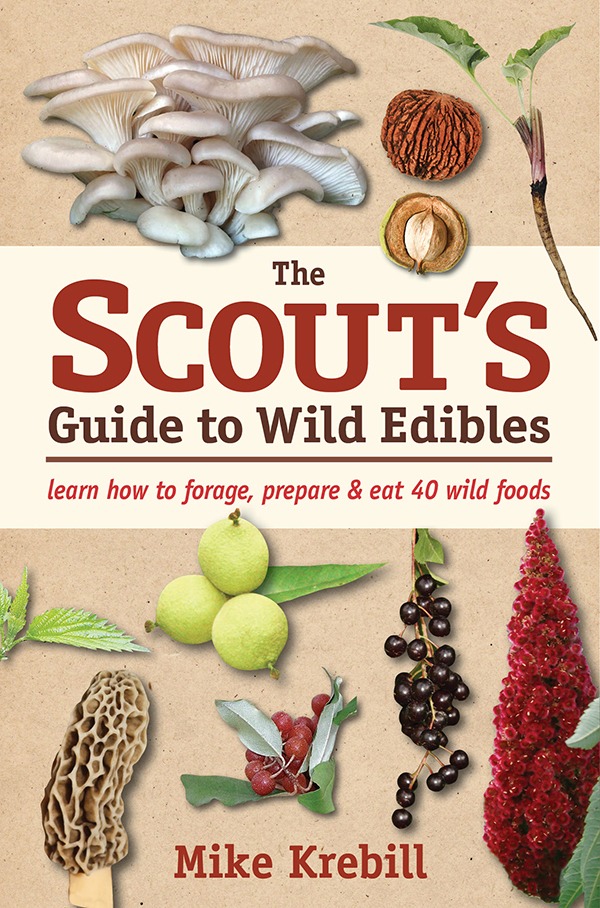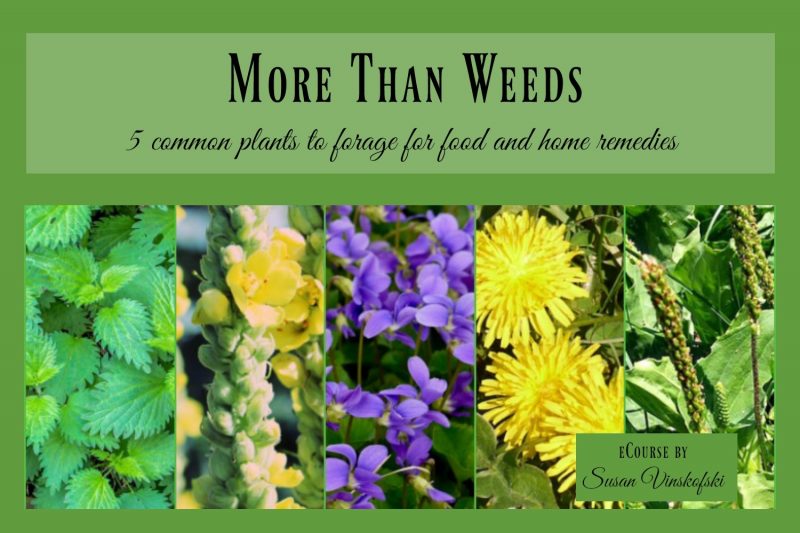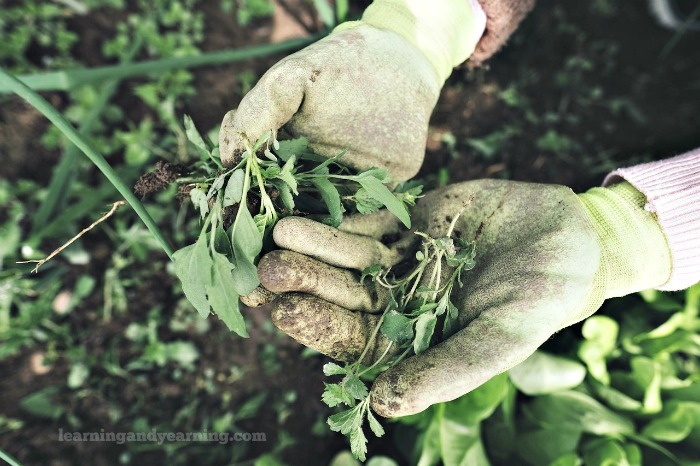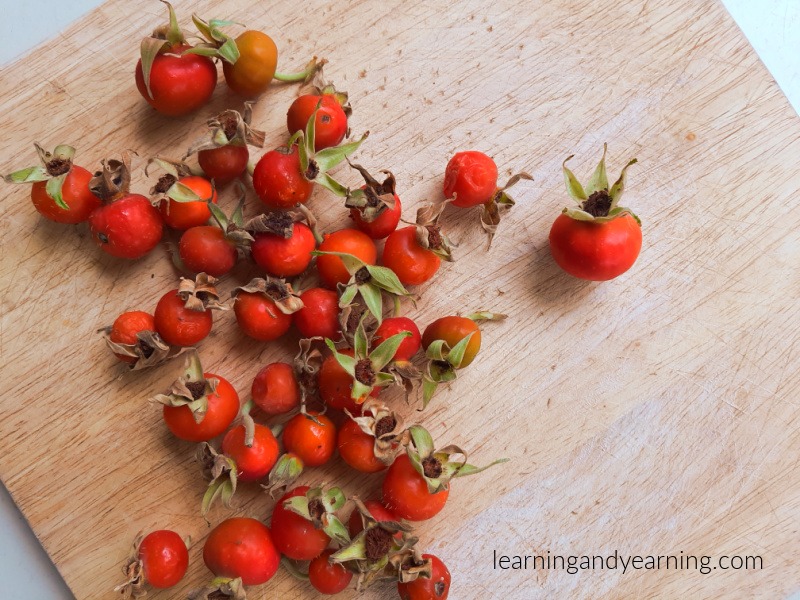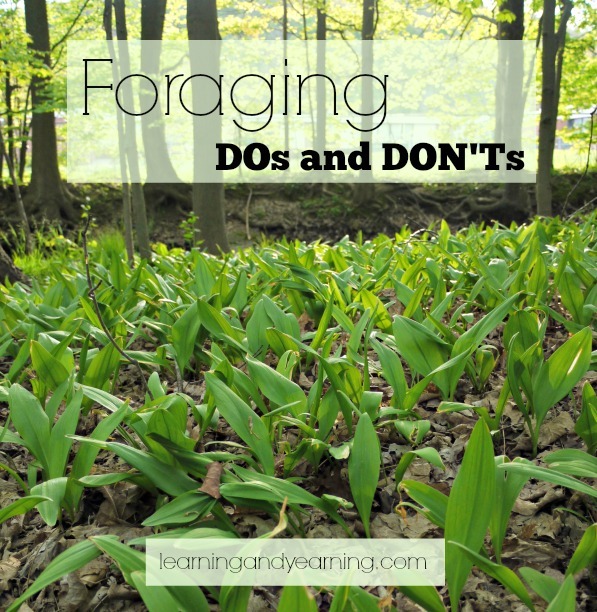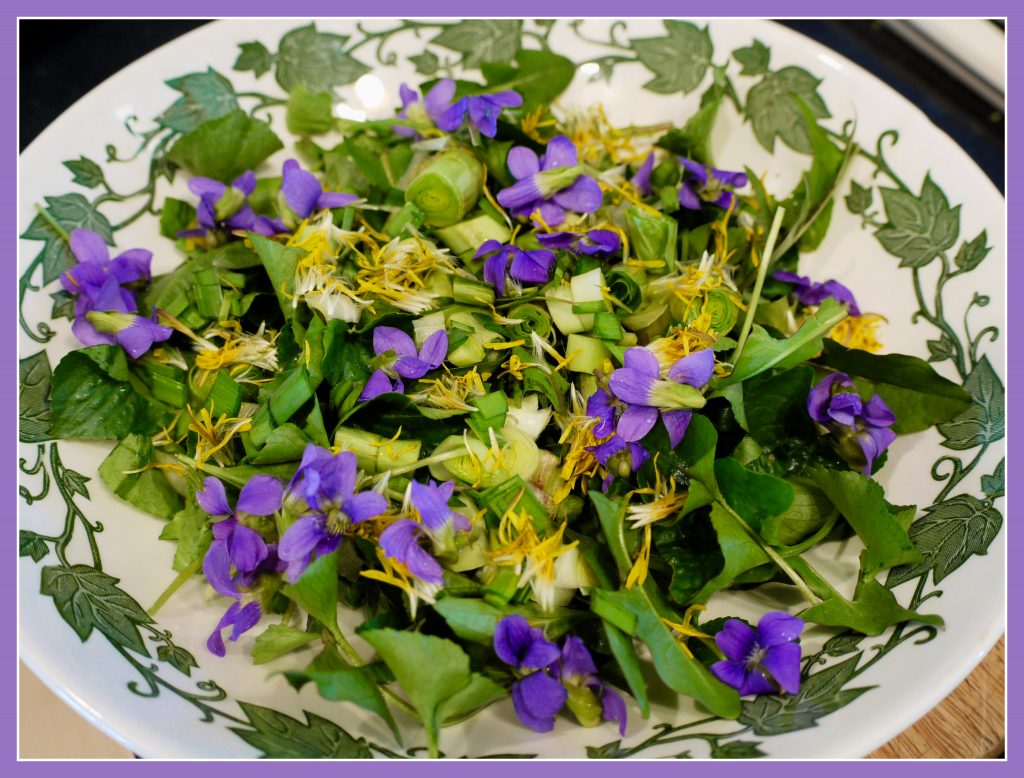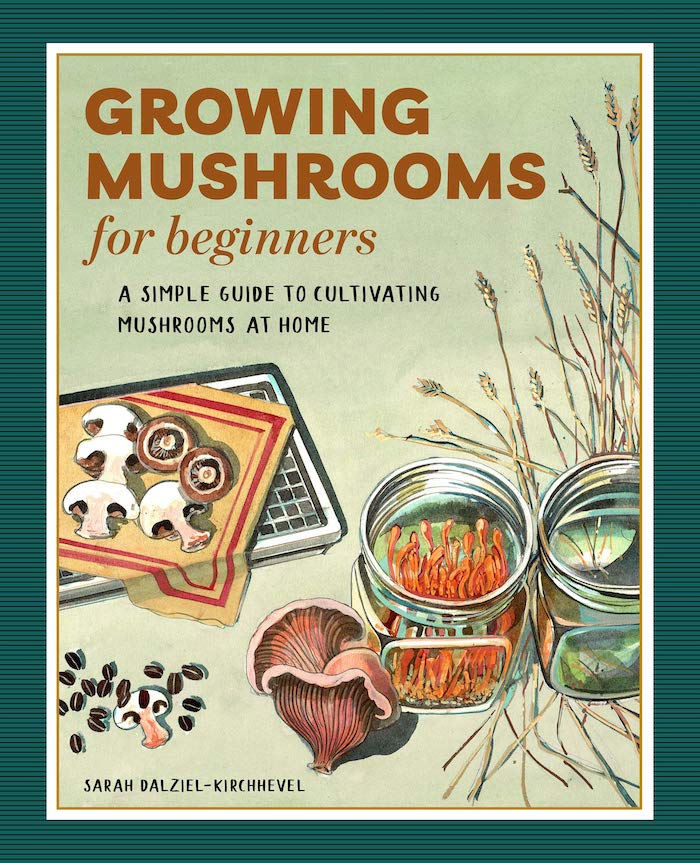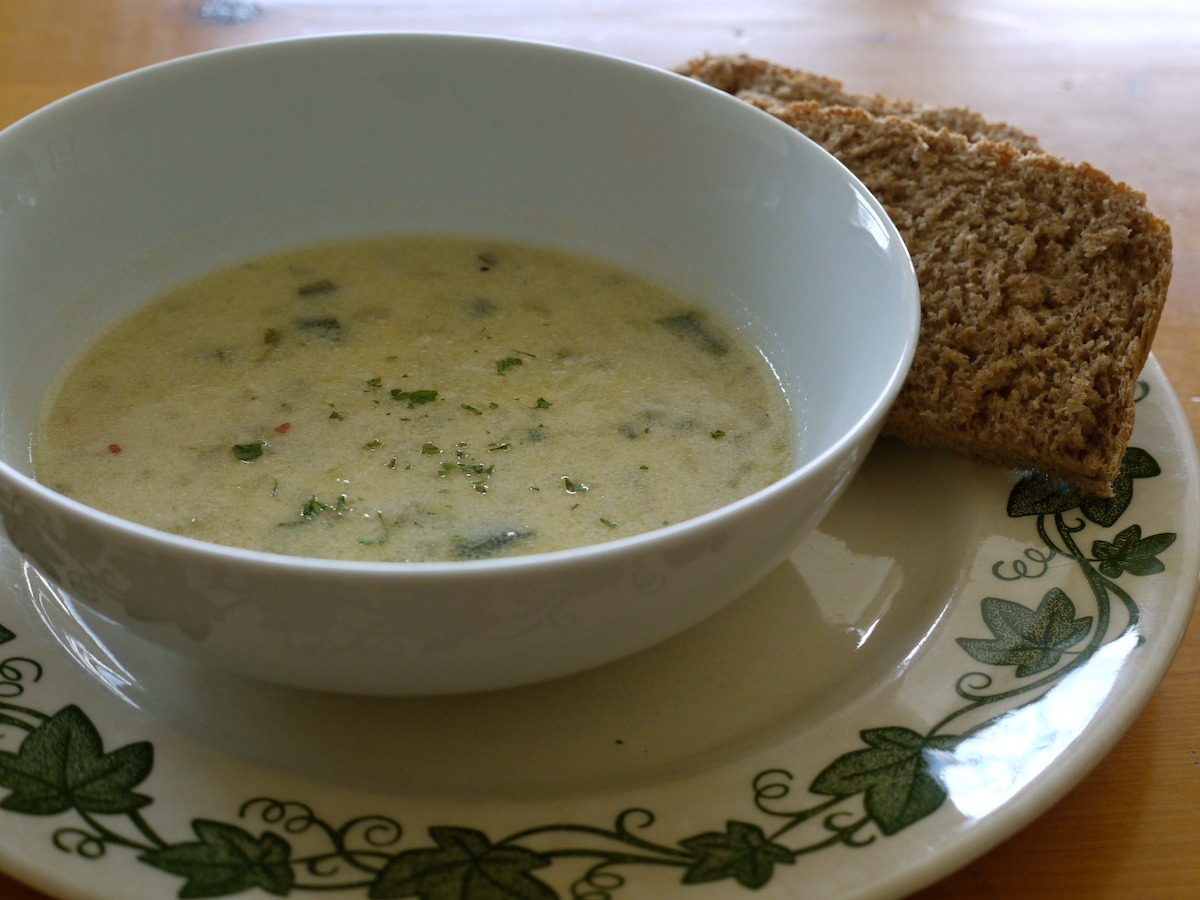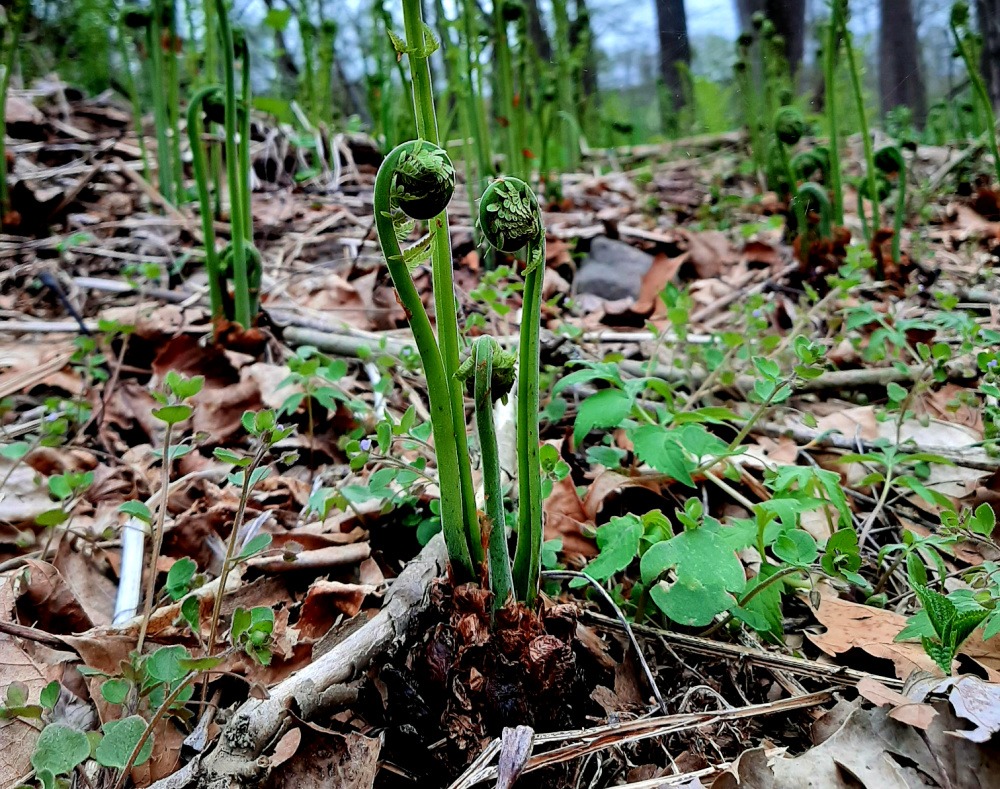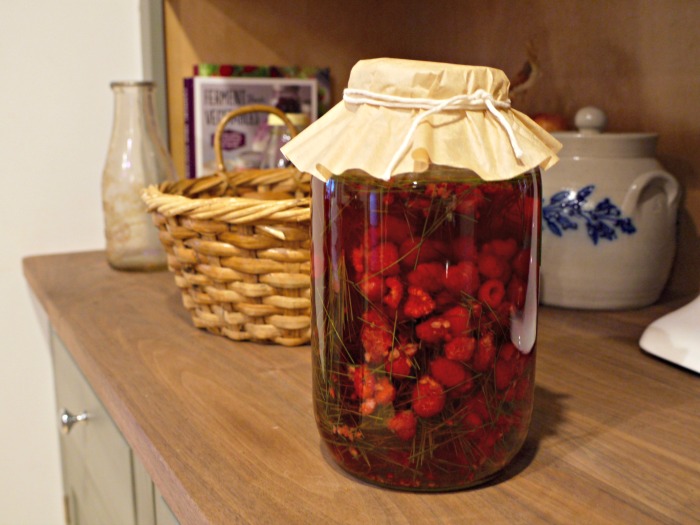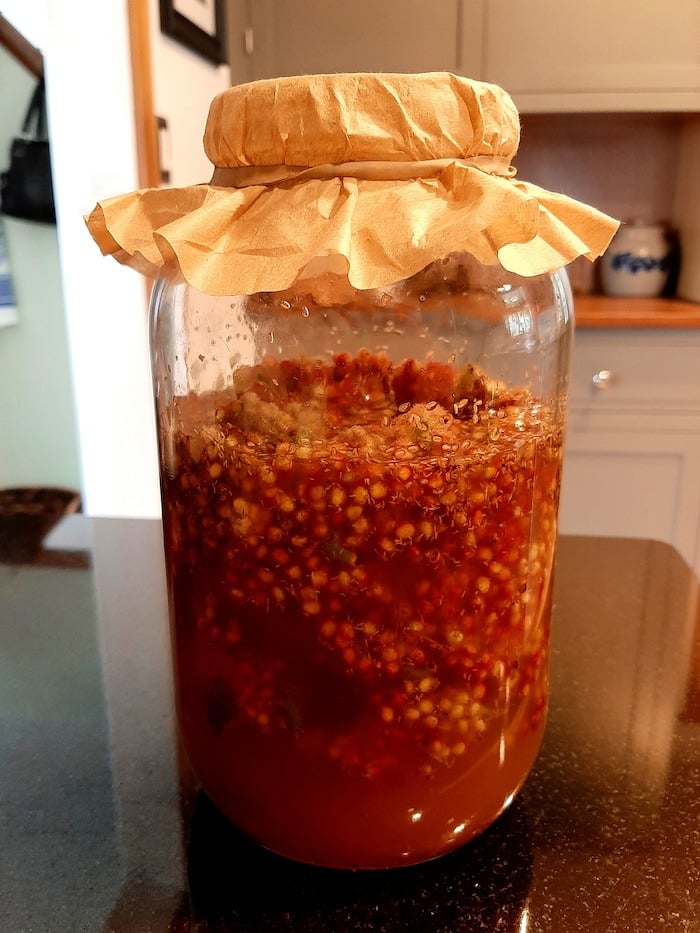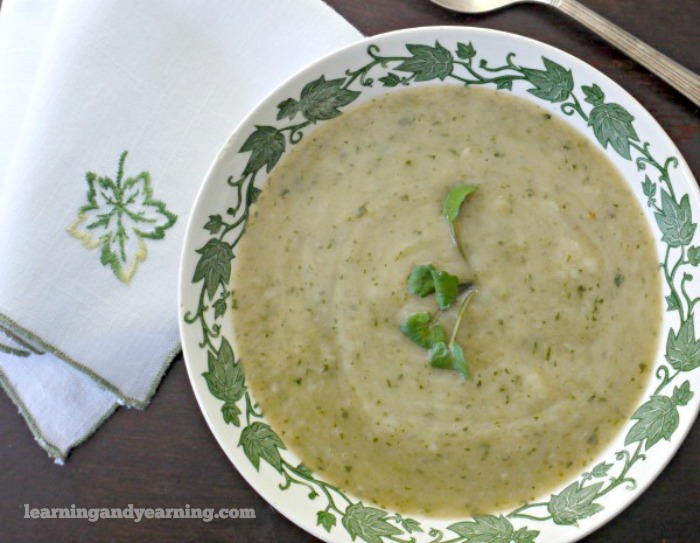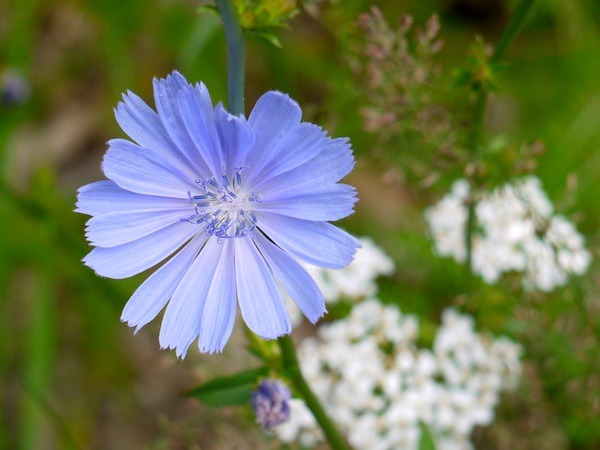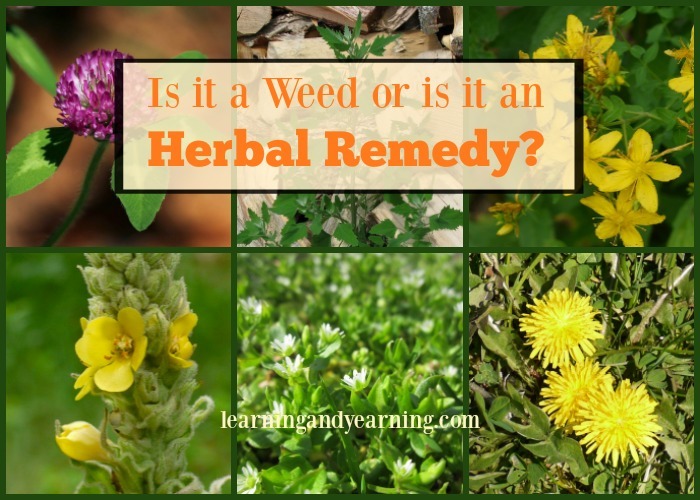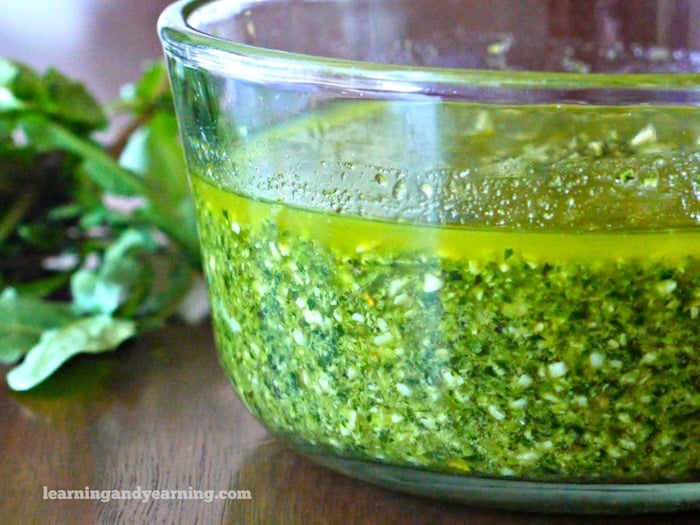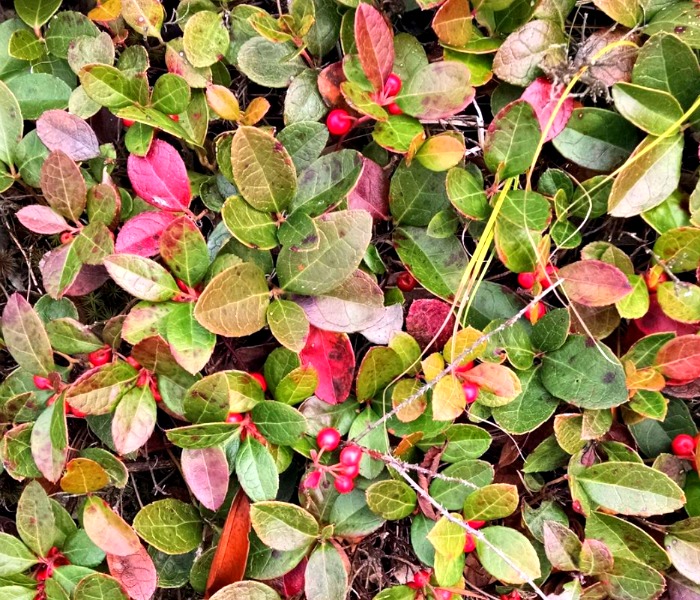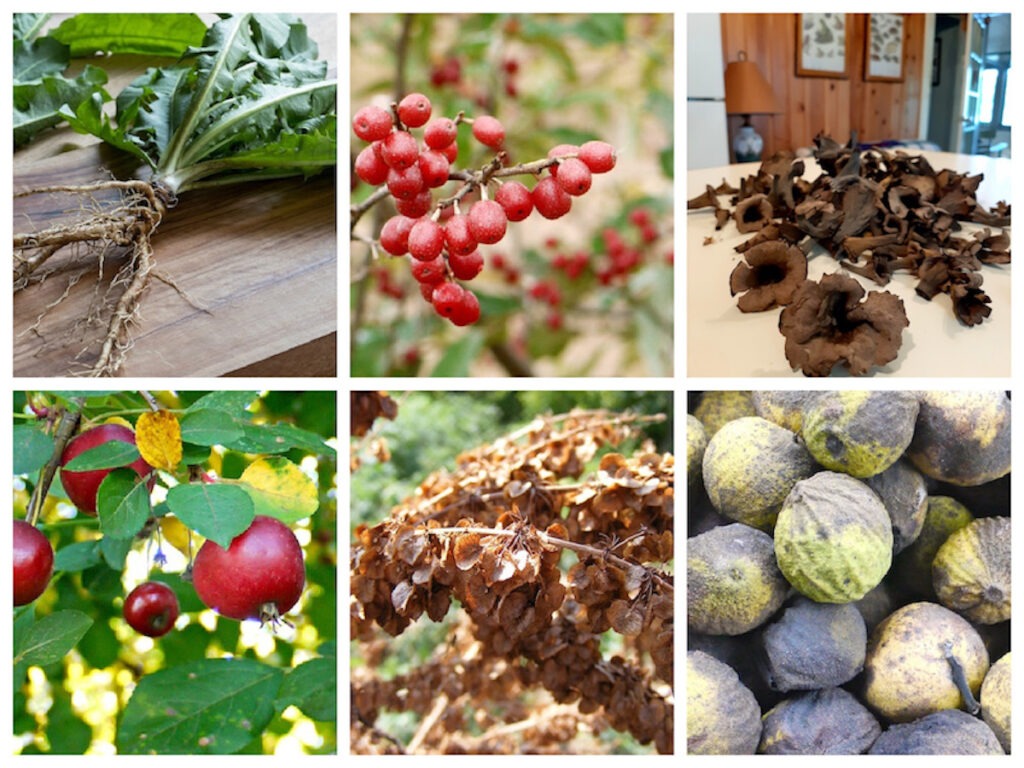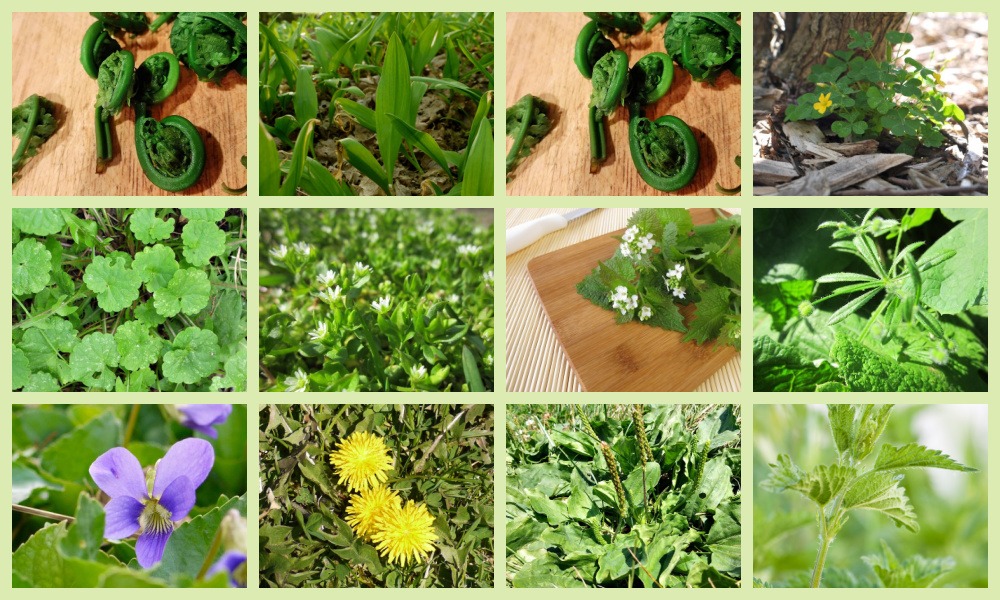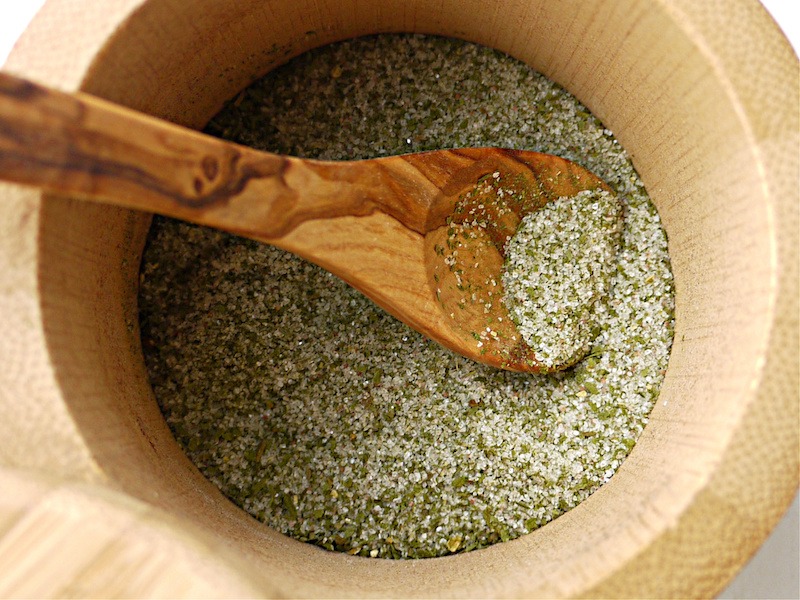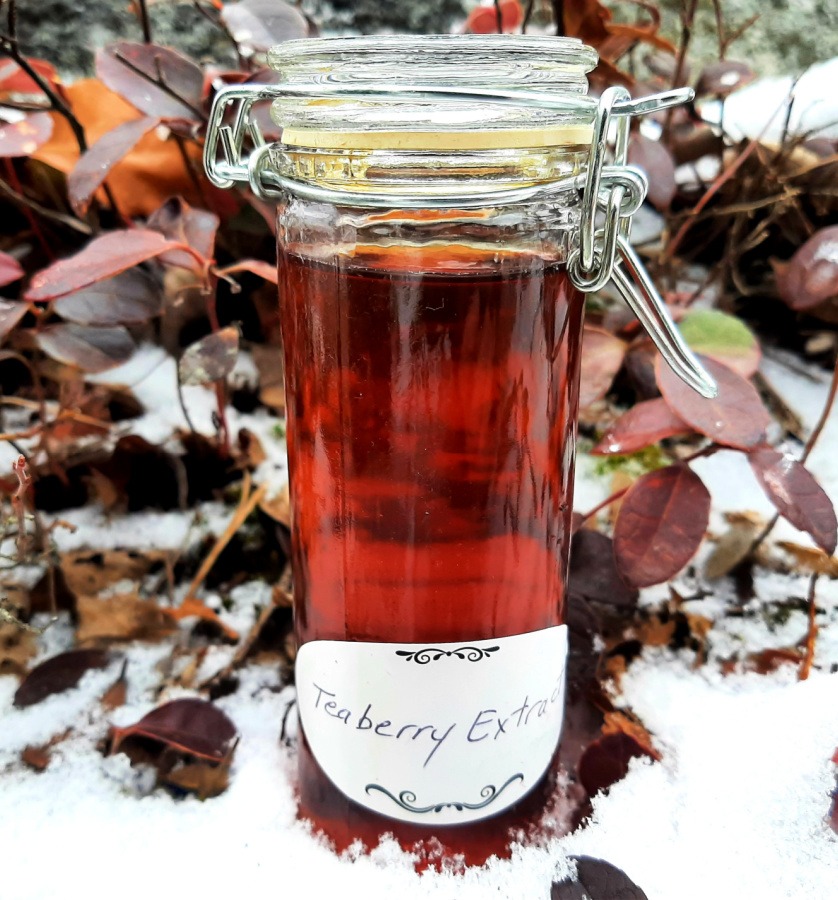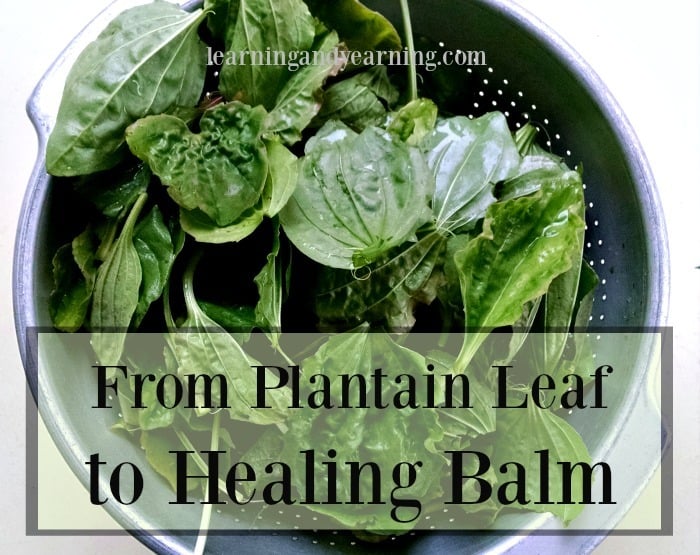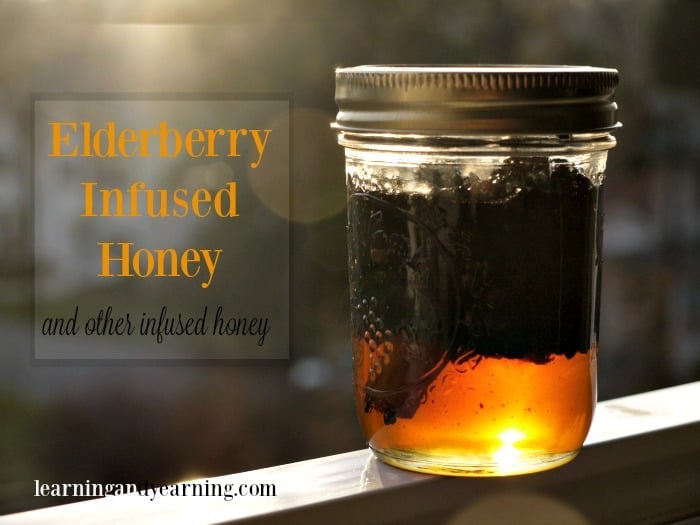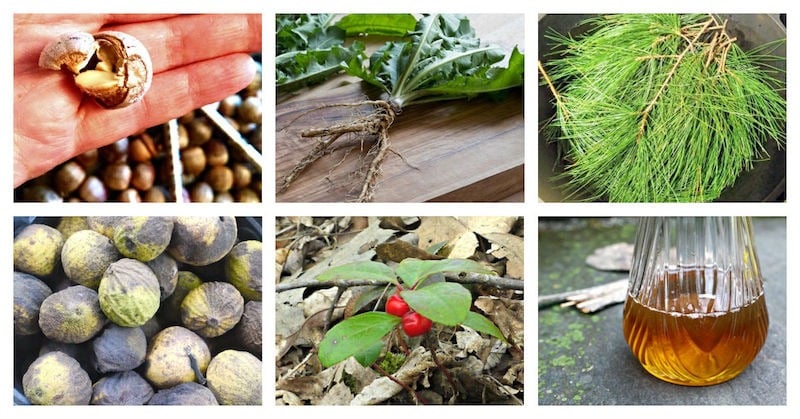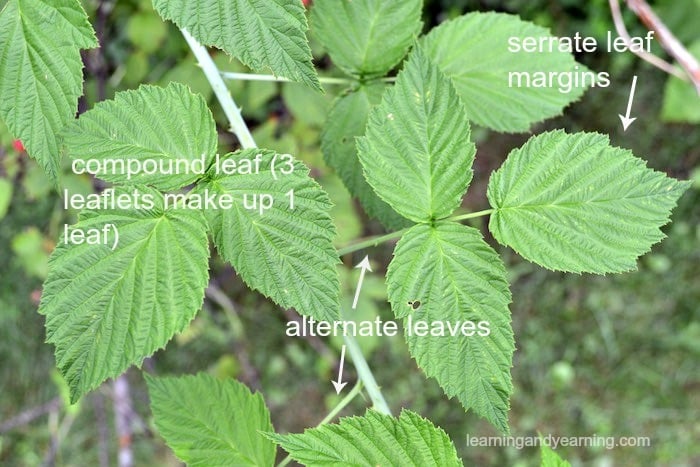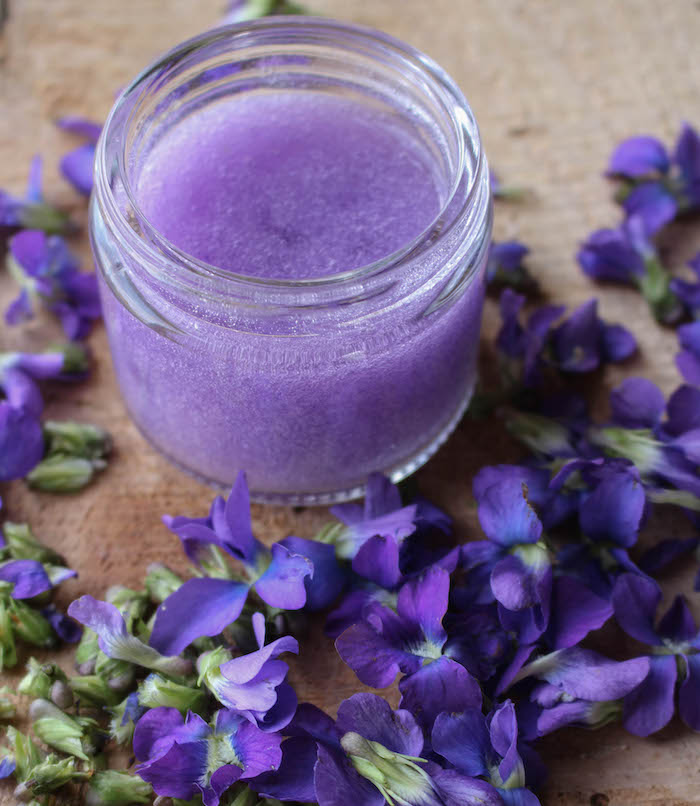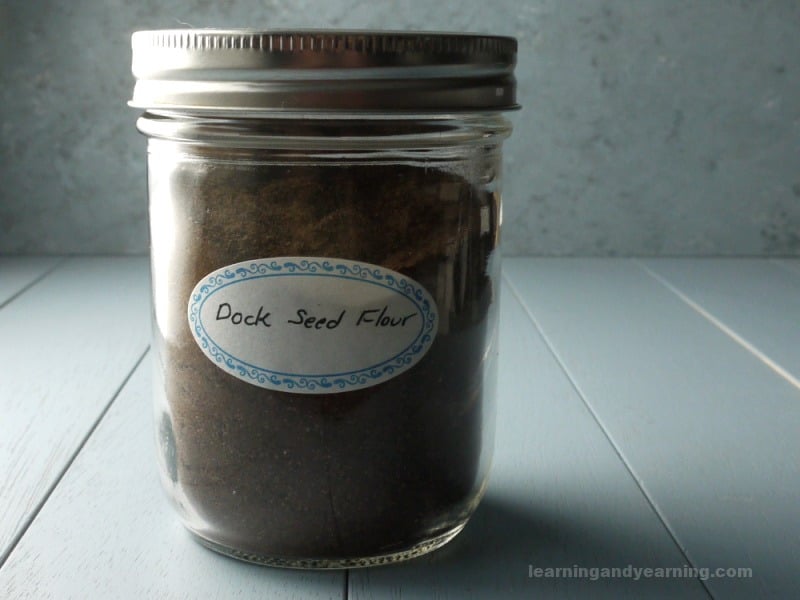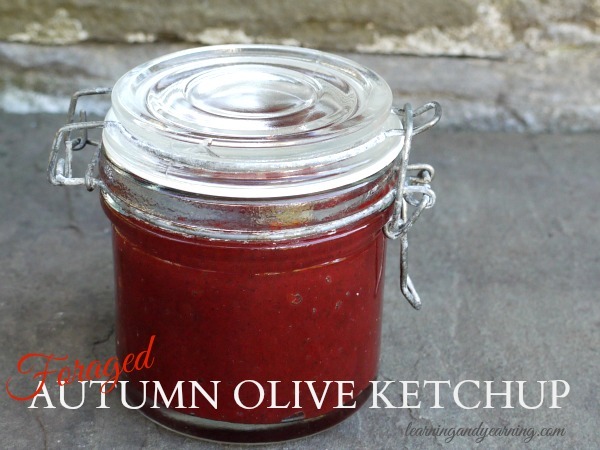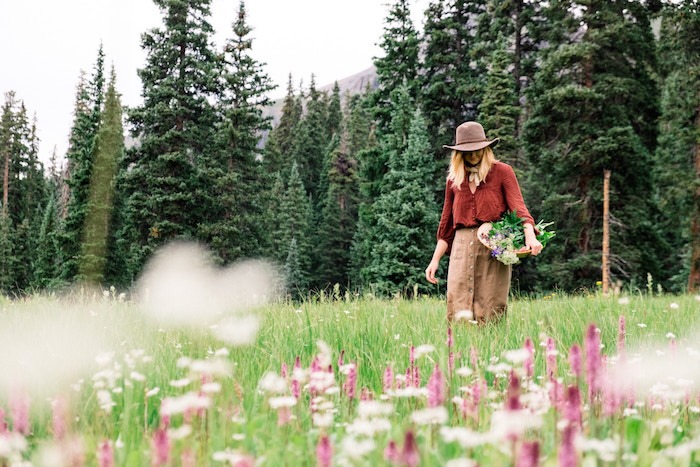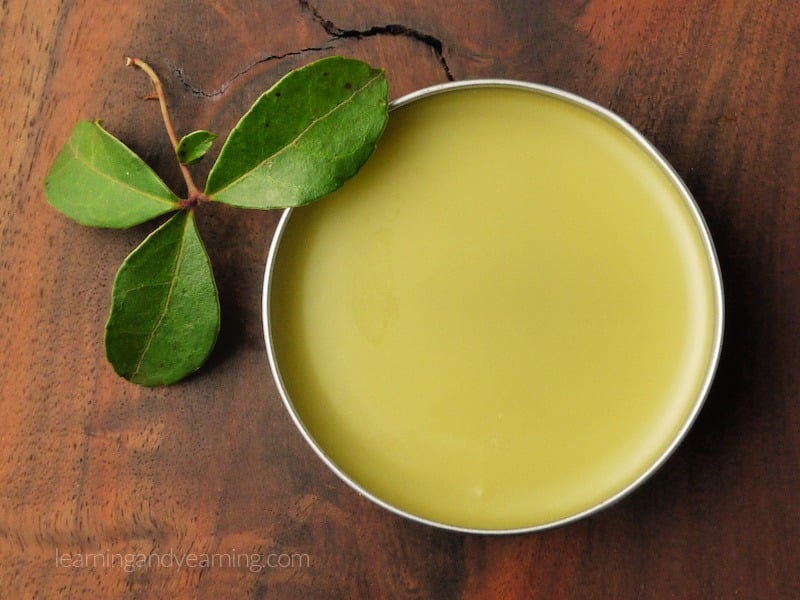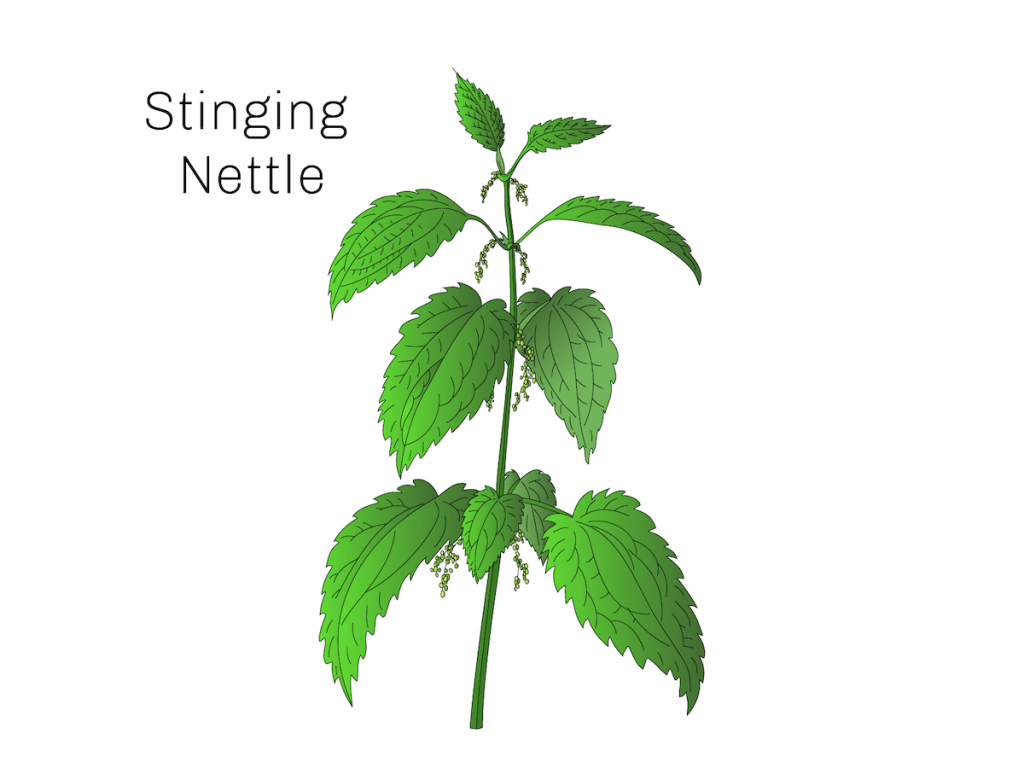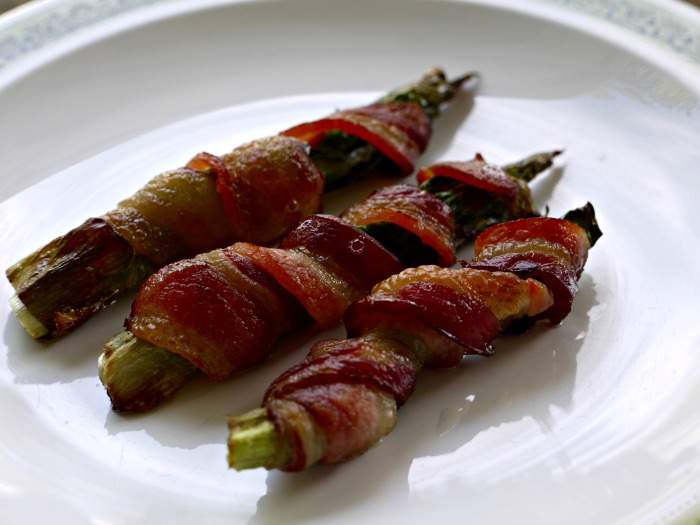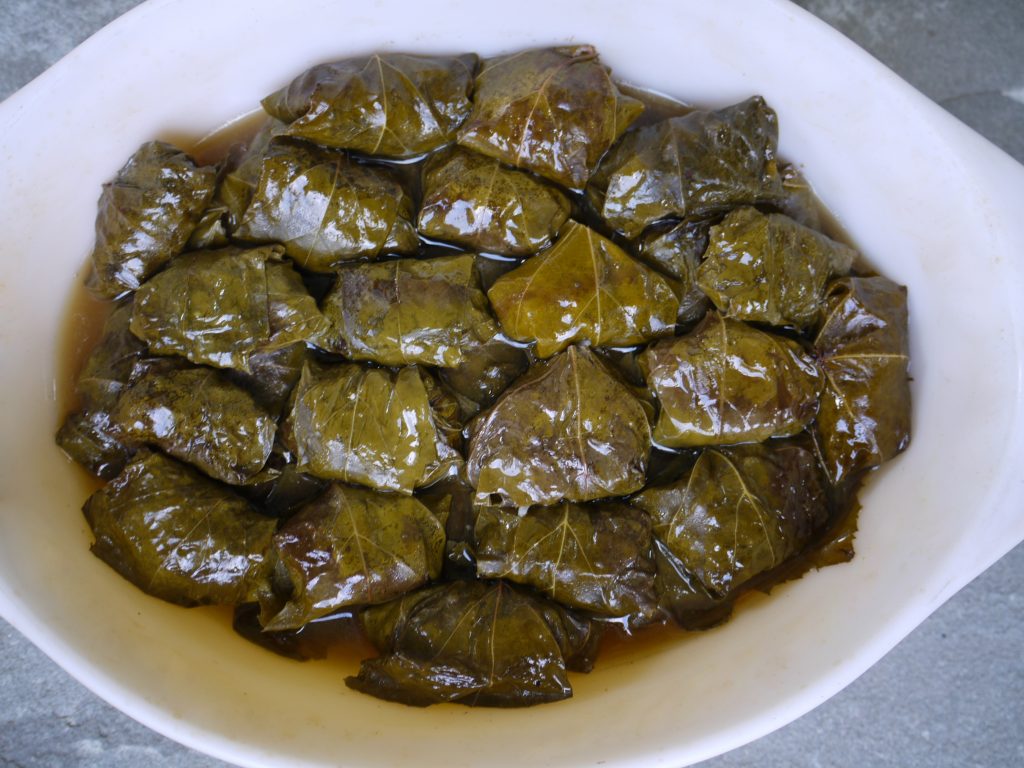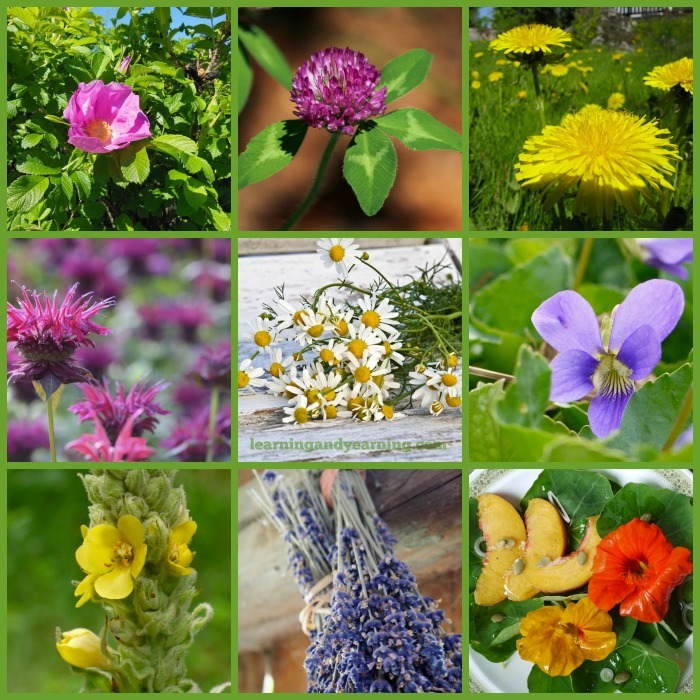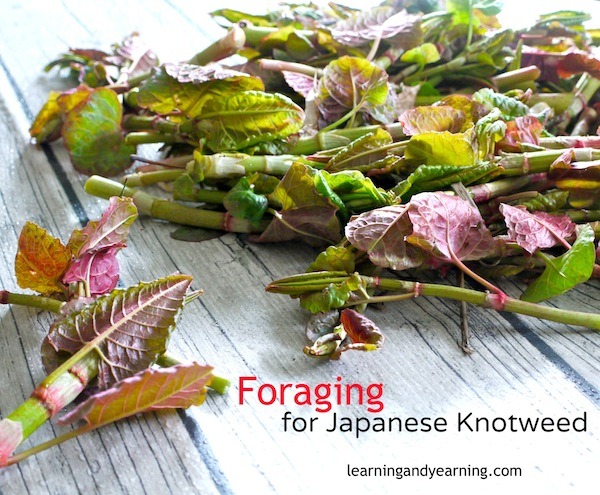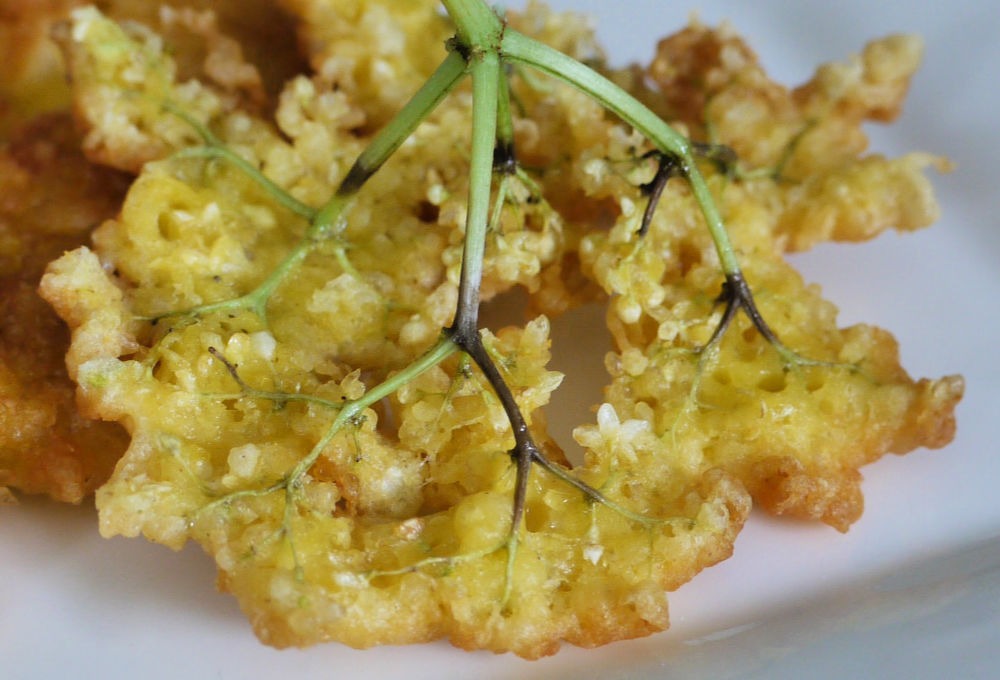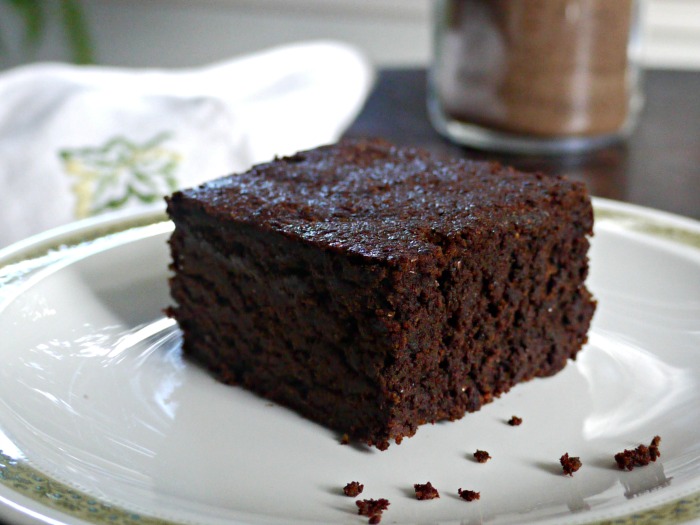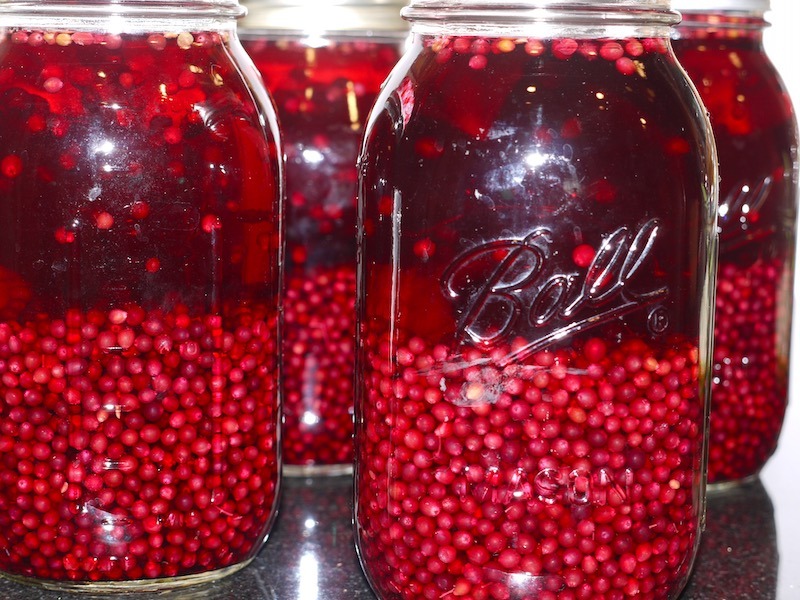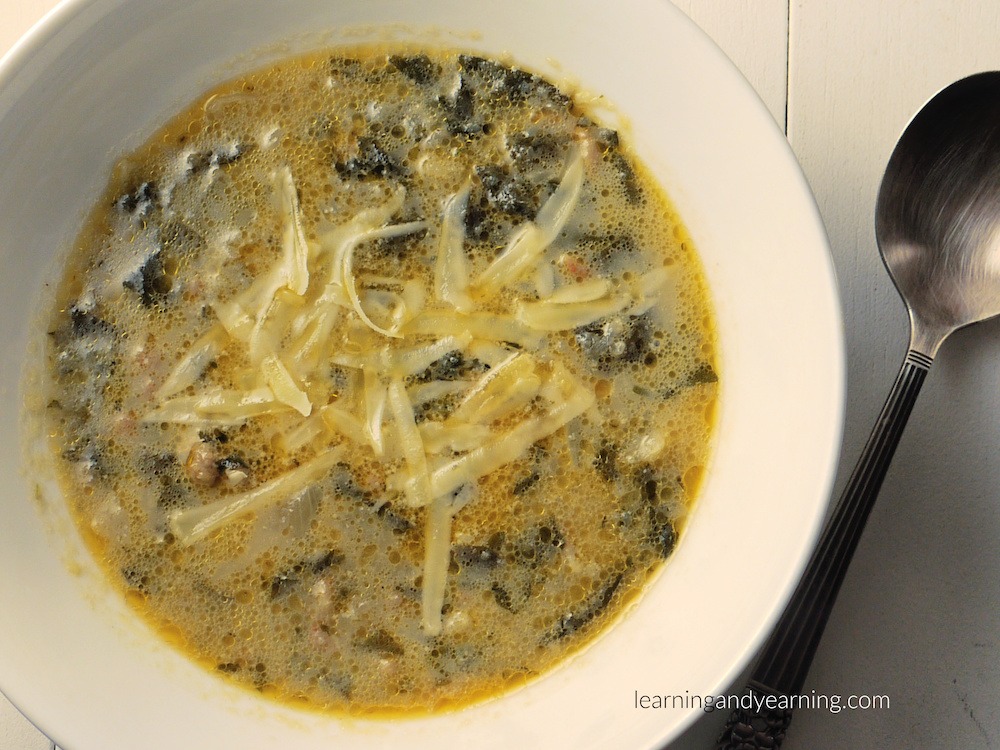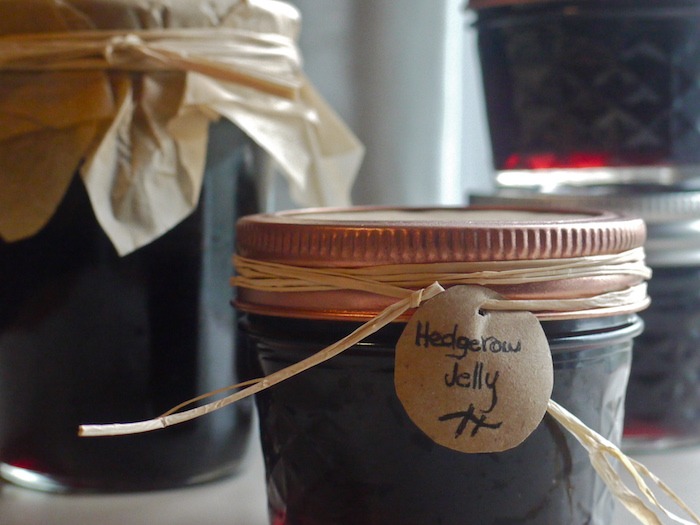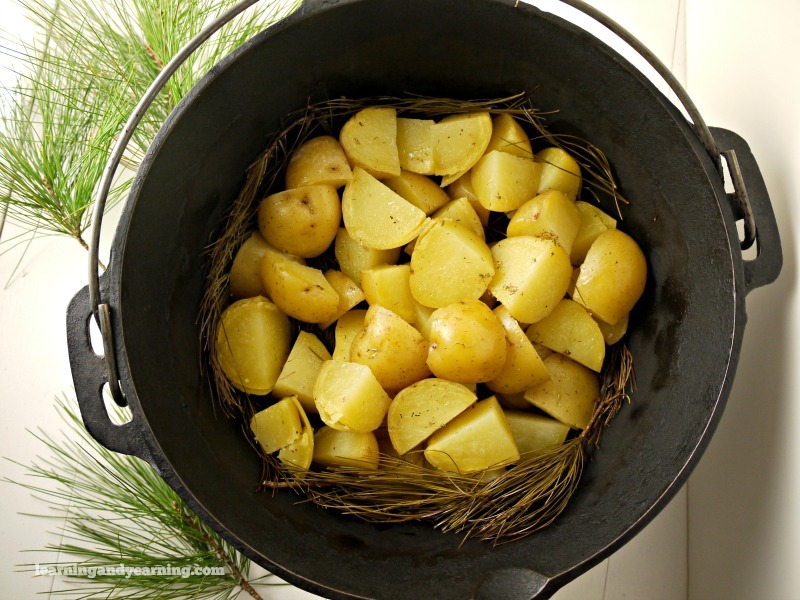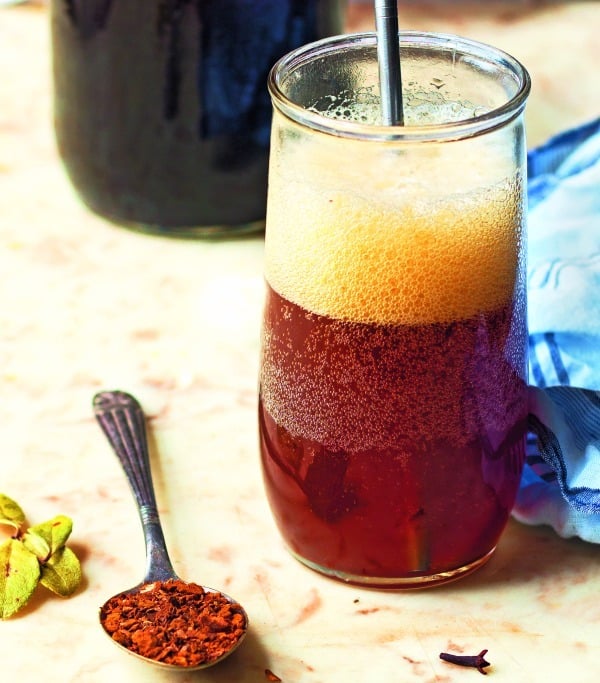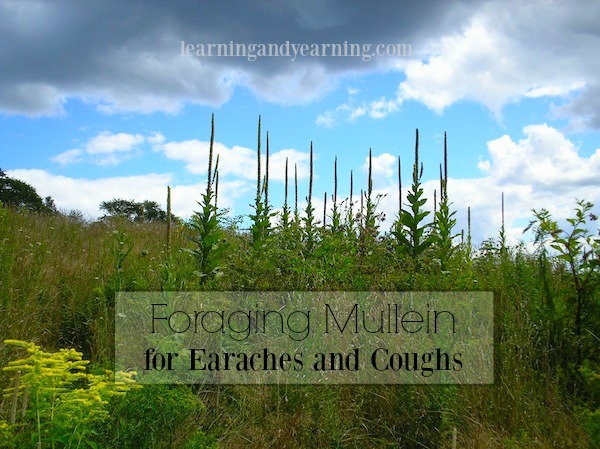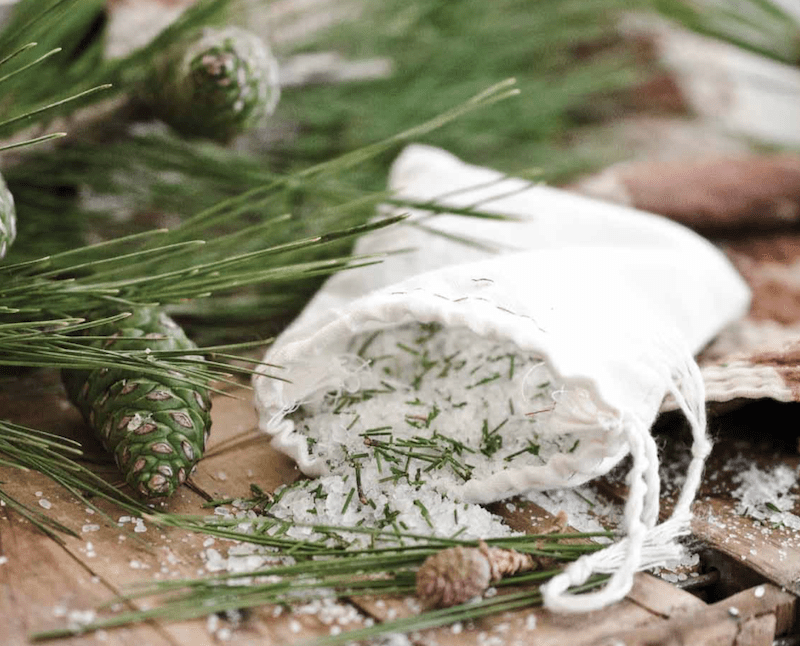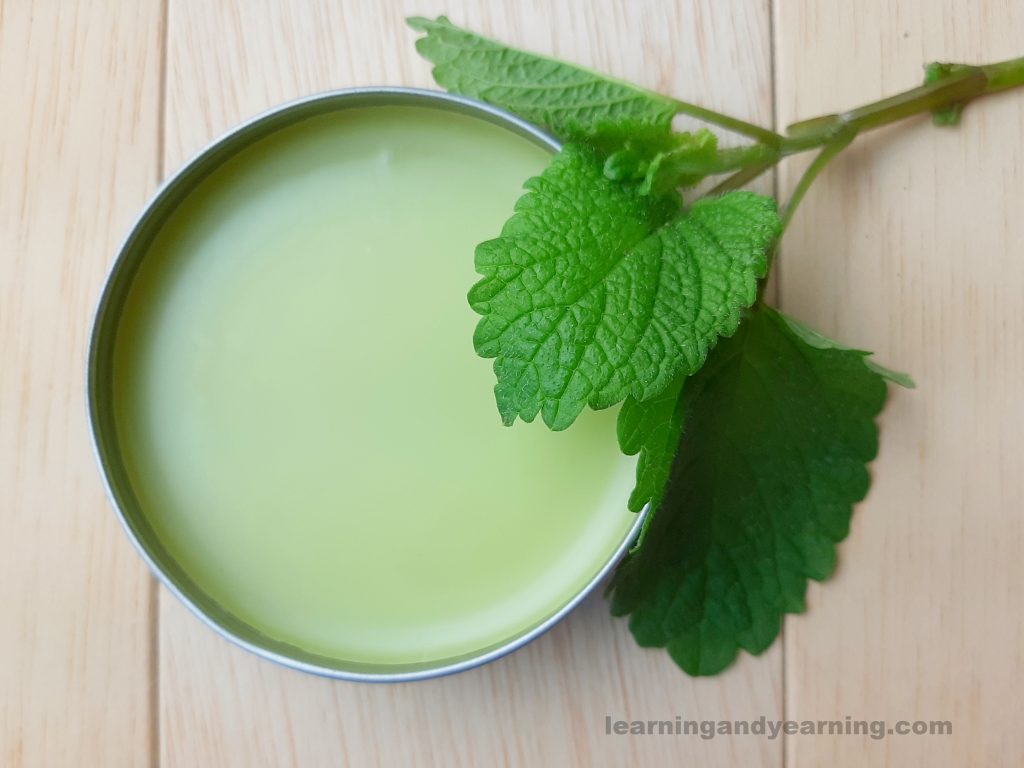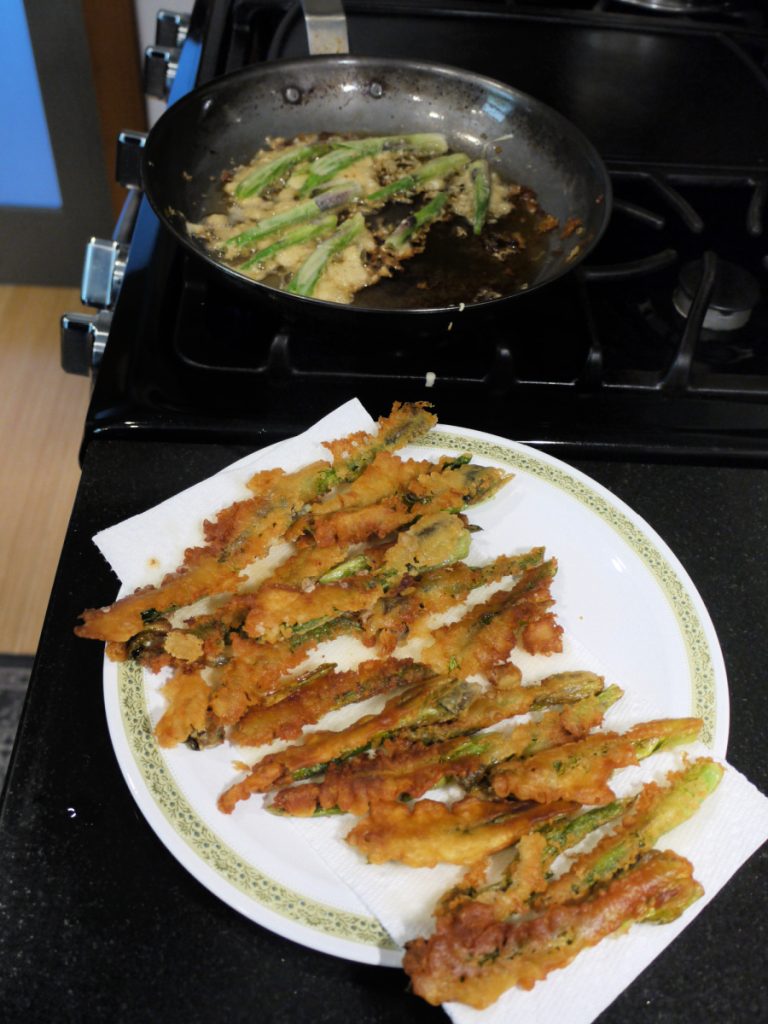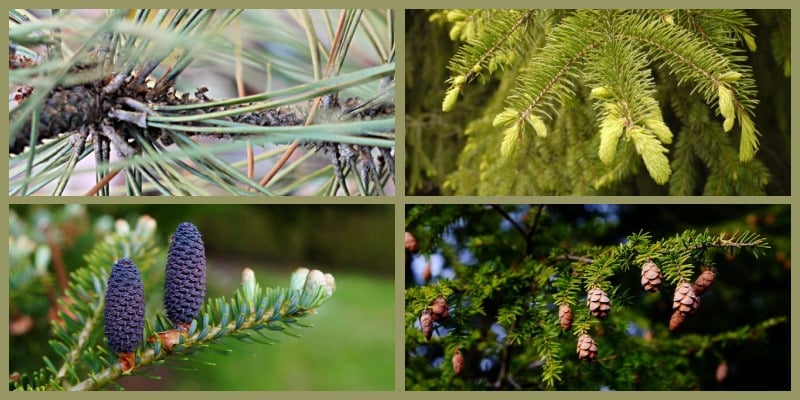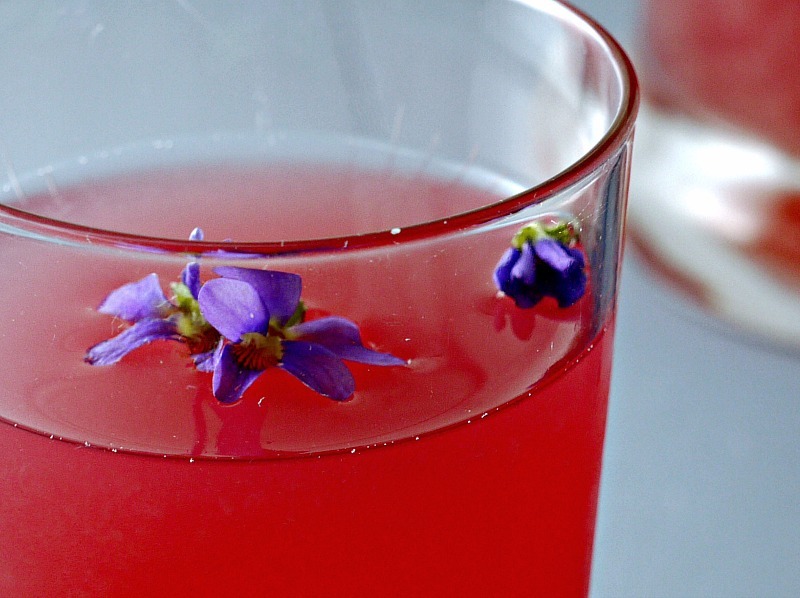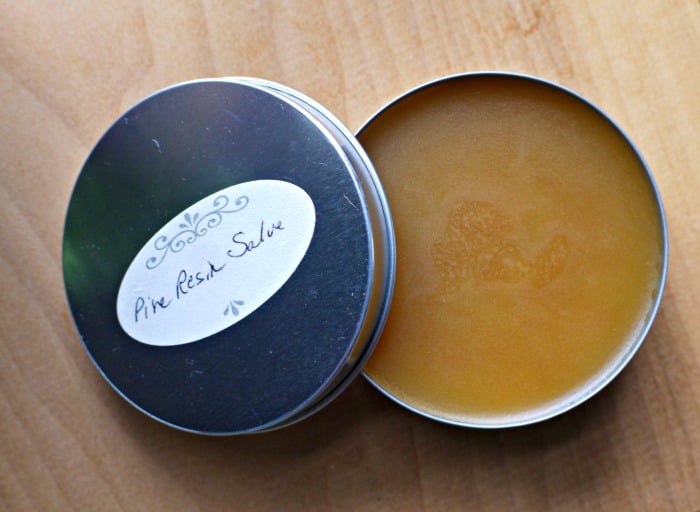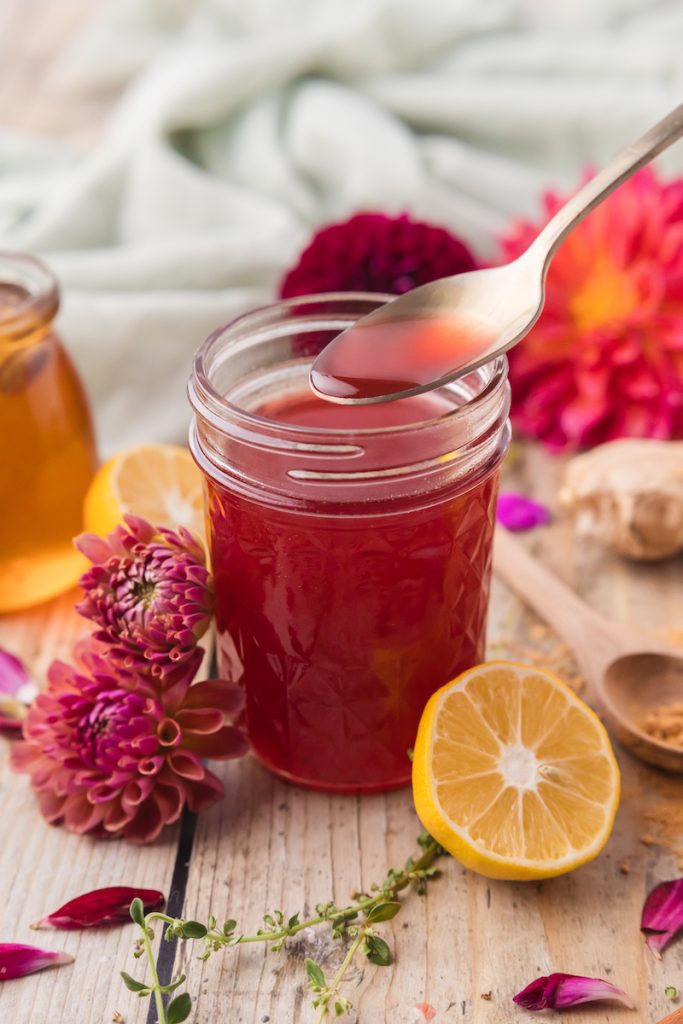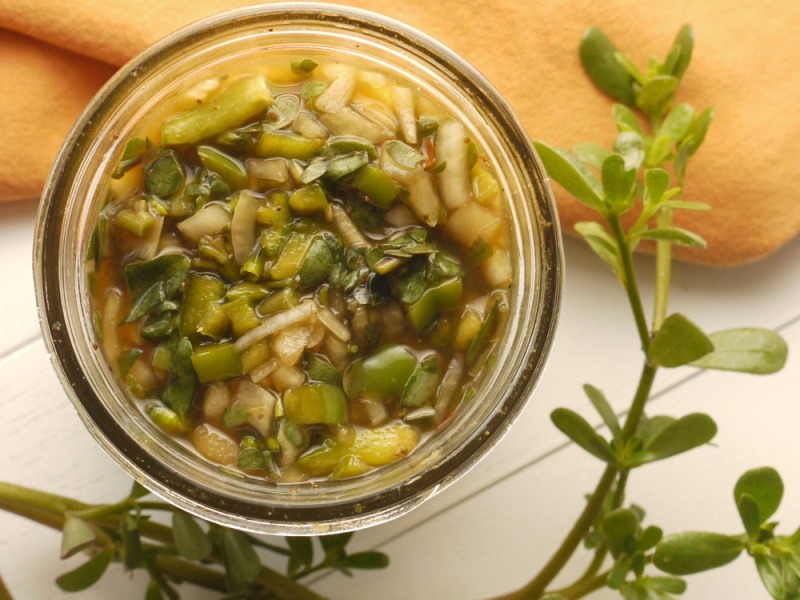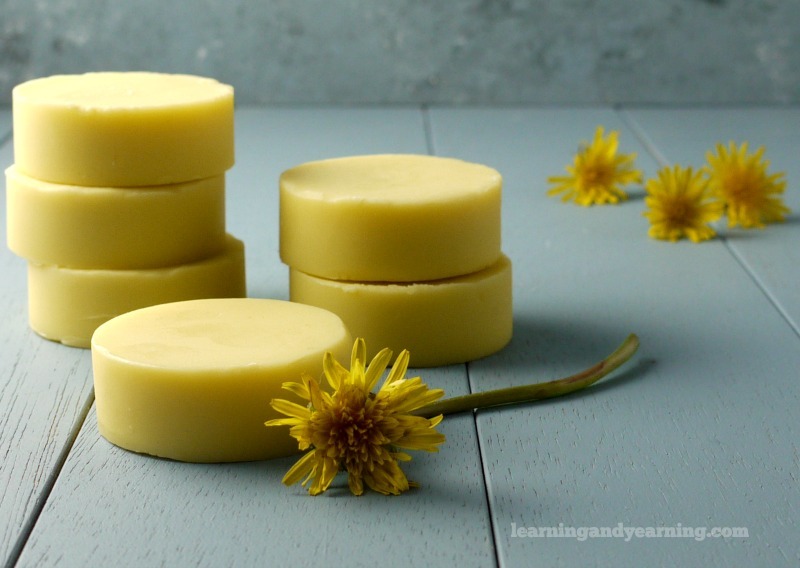Who would expect that a book on foraging would open up a whole new way of thinking? I mean, foraging is foraging, right? Just go out and discover what is edible and give it a try.
Katrina Blair, author of The Wild Wisdom of Weeds, takes foraging seriously and has been doing so all her life. But this book is not about all the hundreds of plants she knows and loves. This book is about 13 of them. All of them weeds. And her premise is that humans could survive on these 13 weeds for food, medicine, and even some fiber.
The author maintains that not only can we survive on these 13 weeds, but that they can help us to reach optimal health. In addition, they:
- require no petroleum to produce
- are more nutritious than any commercial crop
- are found worldwide
- require no fertilizers or herbicides to flourish
- are both food and medicine
- are easy to identify
- have they ability to regenerate compacted and disturbed soil
Pretty amazing, huh? And who (what) are these superheroes anyway? They are simple weeds you’ve walked on and tried to eradicate your entire life – dandelion, mallow, purslane, plantain, thistle, amaranth, dock, mustard, grass, chickweed clover, lambsquarter, and knotweed.
Blair is a biologist with a MA in holistic health education. She is well traveled, and wherever she is, she looks for these 13 weeds. And all 13 of them can found anywhere on earth where people are found.
Katrina Blair is full of inspiring ideas. She is the founder of Turtle lake Refuge, a non-profit organization, is involved with a CSA which includes wild foraged greens in their weekly boxes, and a cafe where each item on the menu includes something foraged.
The Wild Wisdom of Weeds contains over 100 vegan recipes that use the 13 weeds. While many of them are not the type of recipe that I would necessarily enjoy serving to my family, they did inspire me to think of ways to include these weeds in the way that I cook.
Would I heartily recommend The Wild Wisdom of Weeds to you, my readers? I’ve struggled with that question over the month since I’ve read it. The book is absolutely inspiring. Blair is an amazing person, full of vigor and life. Our philosophies on life are polar opposite and that’s where my struggle lies. Do I believe that I can learn from someone with an opposing worldview? No question, I certainly can.
The title itself will give you a clue as to Blair’s philosophy. She believes that the weeds themselves are a source of wisdom. I believe that all wisdom comes from their Creator, the God of the Bible. I have read and enjoyed many books that have a pantheistic slant. Most of them, however, just touch on the topic. In The Wild Wisdom of Weeds, Blair’s philosophy is forefront throughout. I would just want you to know that before you purchased the book.
If you’ve read The Wild Wisdom of Weeds, I’d love to know what you think. Let me know in the comments.
More Posts You’ll Love
Chickweed Salve for Itchy Skin (and tips for foraging)
Low-Carb Zuppa Toscana (Tuscan Soup) with Stinging Nettle (or other wild greens)
How to Safely Forage and Use Stinging Nettle
The Beginner’s Guide to Foraging Resources
